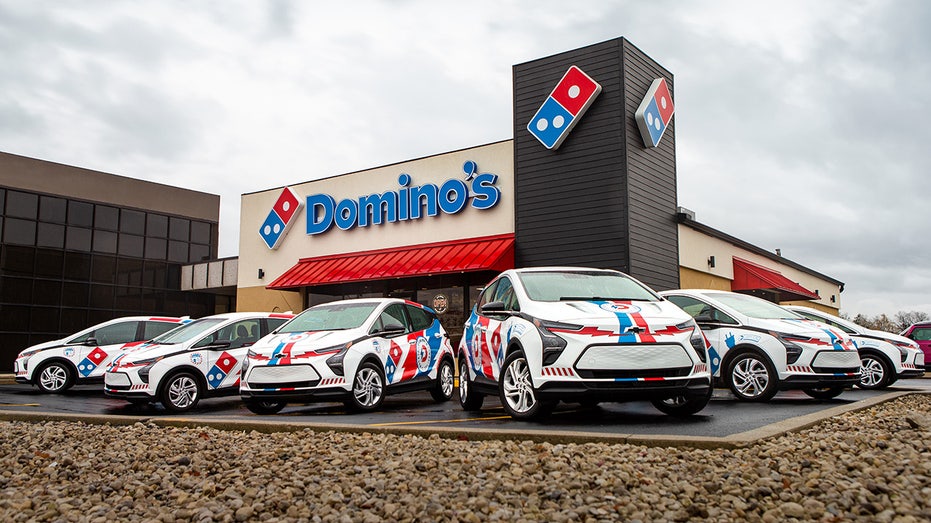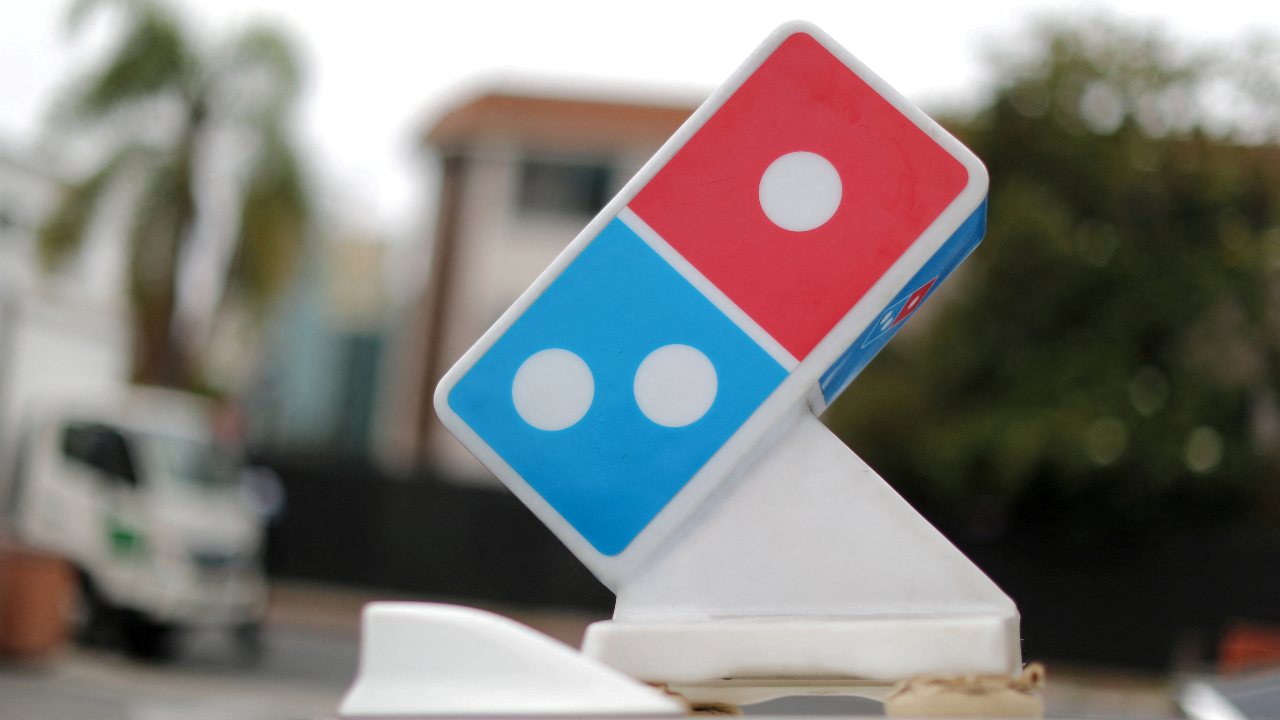Domino's Pizza misses sales estimate as demand tapers
Domino's said it also faced a setback from lower supply chain revenue from its franchised stores
Red-hot food inflation is crushing the average American family: John McLemore II
Chefs John McLemore Sr. and John McLemore II discuss the rise in food inflation under the Biden administration on 'The Big Money Show.'
Domino's Pizza on Thursday missed market expectations for its third-quarter revenue as higher menu prices and delivery charges discouraged inflation-weary consumers from ordering at the restaurant.
Already pinched by higher prices for necessities, including rentals and borrowing costs, consumers are forced to spend their limited household budgets on cheaper home-cooked meals instead of ordering from restaurants, squeezing demand for Domino's products.
Shares of the Michigan-based company were down about 3% in premarket trade as Domino's posted a surprise drop in its U.S. same-store sales.
Domino's, which became synonymous with quick home delivery around the world, has said that benefits from higher product prices would ebb as the year progresses. The company in July forecast an average price increase in the current quarter to be 2%, compared with a nearly 4% jump in the third quarter.
Dominos Pizza
Higher pizza delivery charges have also been a pain point for customers.
The company said it also faced a setback from lower supply chain revenue from its franchised stores. Pricing to these stores decreased 1.7% in the reported quarter, compared with the year-ago period.
DOMINO'S, UBER PARTNER ON PIZZA ORDERING, DELIVERIES
Still, earnings per share of $4.18 handily beat analysts' average estimate of $3.30, as per IBES data from LSEG.

Dominos Pizza location (Domino's / Fox News)
The nearly 47% jump in net income was underpinned by a one-time pretax gain, with analyst Joshua Long at Stephens Research saying that it was perhaps seen as a "lower quality result" from the world's largest pizza chain.
Overall revenue fell 3.9% to $1.03 billion in the quarter ended Sept. 10, compared with analysts' estimate of $1.05 billion, according to LSEG IBES data.
PEPSICO RAISES PROFIT OUTLOOK ON HIGHER PRICES
Domino's said its 2023 global retail sales growth, excluding the impact of currency fluctuations, would come in below the mid-point of its 4% to 8% two- to three-year outlook.




















